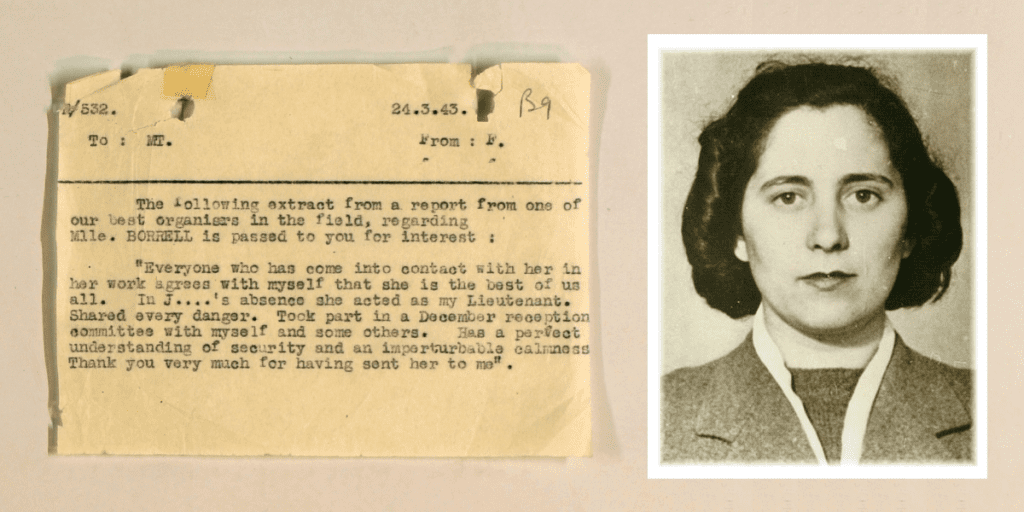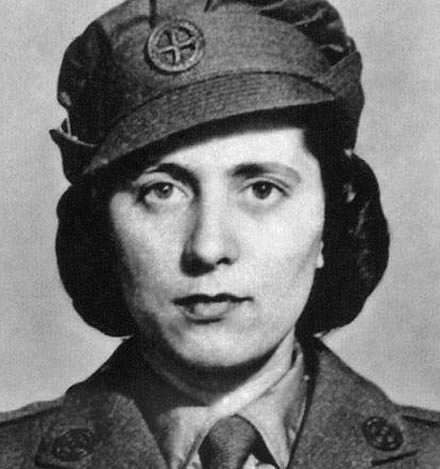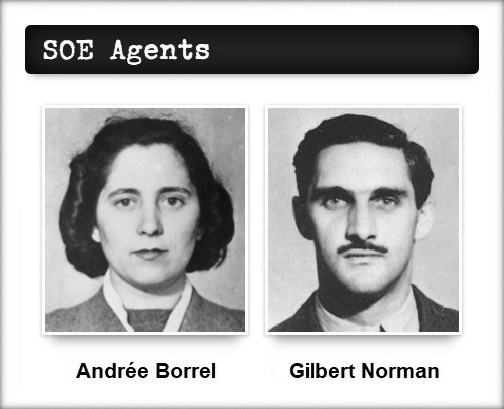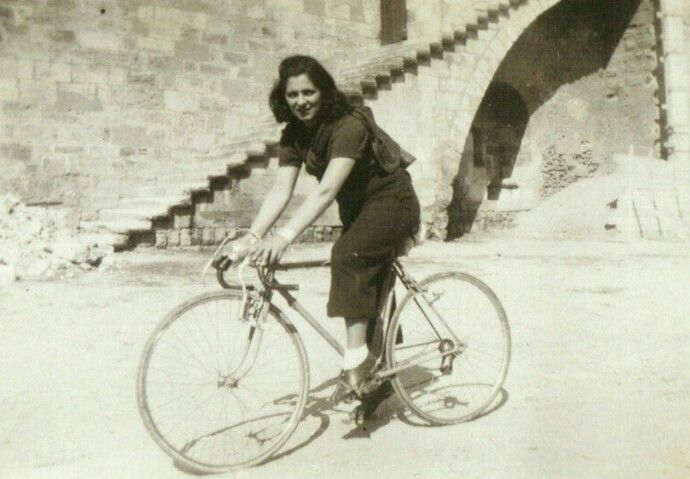In the darkest days of World War II, countless men and women rose to extraordinary acts of courage. Among them was a young Frenchwoman named Andrée Borrel, whose fierce spirit and unwavering loyalty made her one of the earliest female operatives in the British Special Operations Executive (SOE). Though her life was tragically short, her bravery left an indelible mark on the history of resistance and espionage.

A Life Interrupted by War
Born on November 18, 1919, in France, Andrée Borrel’s early years were shaped by modesty and responsibility. After losing her father in World War I, she grew up quickly and learned to care deeply for those around her. When the Second World War broke out, Borrel like many of her generation faced a choice: comply or resist. She chose resistance, and with a quiet intensity that would later become her trademark.

She initially joined the French Red Cross and helped wounded soldiers during the Battle of France. But the fall of her homeland stirred something deeper. She fled to Spain and then to Britain, determined to keep fighting.
Joining the Shadows: Her Life as a Spy
In Britain, her courage did not go unnoticed. Recruited by the SOE a covert organization created by Winston Churchill to “set Europe ablaze” Borrel was trained in sabotage, communications, and clandestine operations. She passed the grueling training with distinction. Her instructors noted her calm demeanor, fierce intelligence, and natural aptitude for espionage.
Video:
Andree Borrel
On the night of September 24, 1942, at just 22 years old, she parachuted into Nazi-occupied France. It was a one-way ticket into enemy territory. She became part of the “Prosper” circuit, a key SOE network operating around Paris. Under the codename “Denise,” Borrel organized drops of weapons and supplies, arranged sabotage missions, and coordinated with local Resistance fighters all while evading German surveillance.
Living in Constant Danger
The risks were monumental. At any moment, betrayal or a misstep could mean torture or death. Still, Borrel persisted, traveling under false names, relaying messages by radio, and always watching her back. For months, she operated in the shadows, knowing capture was inevitable if she stayed too long.
That moment came in June 1943. The Germans arrested Borrel and several members of the Prosper circuit after the network was compromised. Despite intense interrogation by the Gestapo, Borrel revealed nothing. Not a single name. Not a single secret.

A Quiet Sacrifice
In July 1944, after over a year in captivity, Andrée Borrel was transferred to the Natzweiler-Struthof concentration camp in Alsace. There, at just 24 years old, she was executed by lethal injection, her body cremated to erase the evidence. But her memory could never be erased.
Video:
The Hidden Heroes of WWII Uncovered in ‘D-Day Girls’ | NowThis
She was one of the first female SOE agents to be sent into France, and one of the earliest to die. But even in her final moments, Borrel never betrayed the mission. Her loyalty cost her life, but it helped safeguard countless others.
Legacy of a Hero
Today, Andrée Borrel is remembered with honor among the pantheon of wartime heroes. Her name is inscribed on memorials in France and Britain. The British government posthumously awarded her the King’s Commendation for Brave Conduct. In France, she was made a Chevalier de la Légion d’honneur and awarded the Croix de Guerre.
Her story serves as a powerful reminder: courage is not measured by age or rank, but by the choices we make in the face of fear. Borrel didn’t just fight for her country she fought for the soul of freedom itself.
She may have fallen in silence, but her legacy speaks louder than ever.



